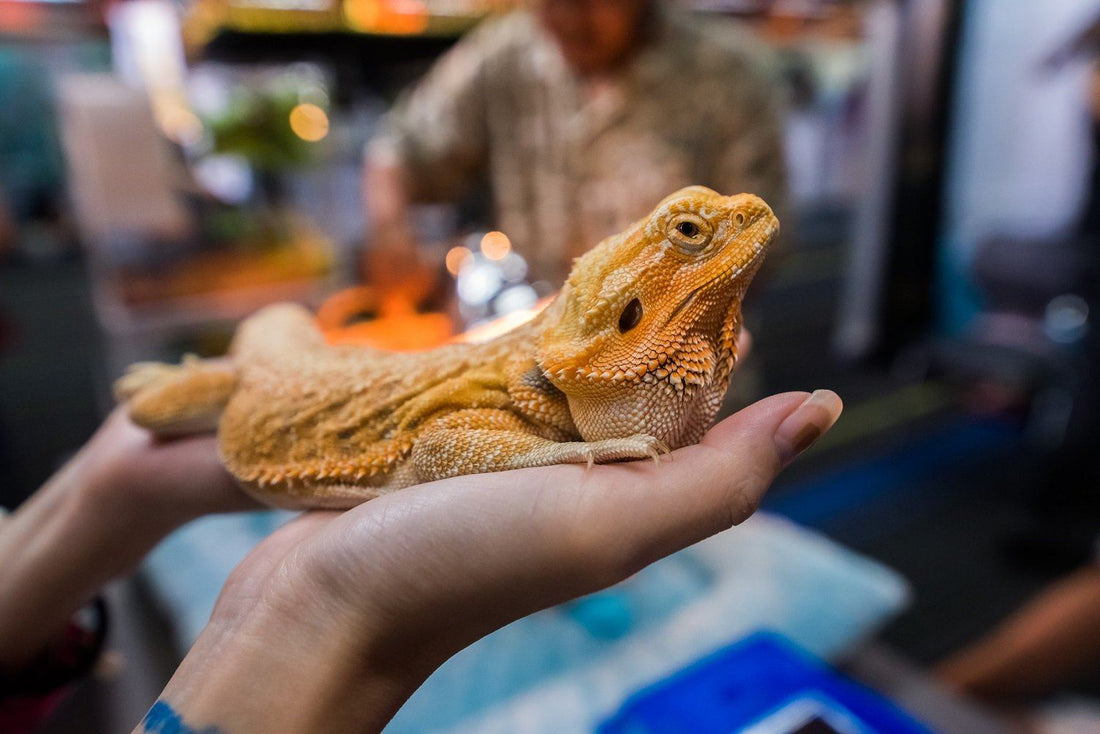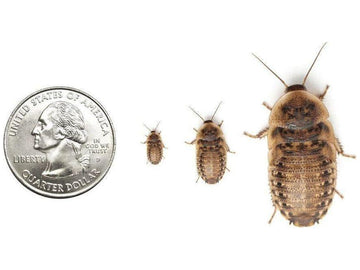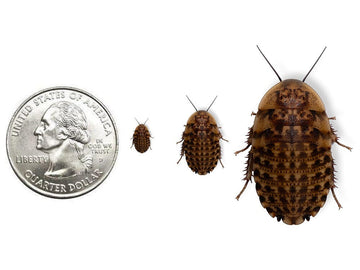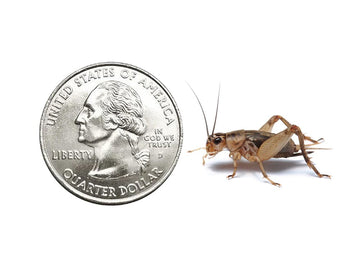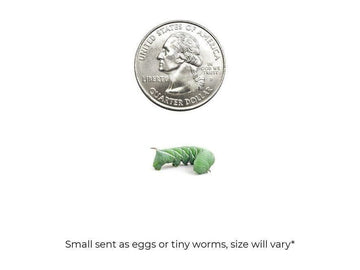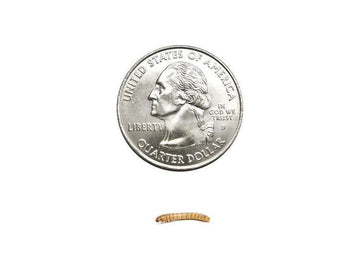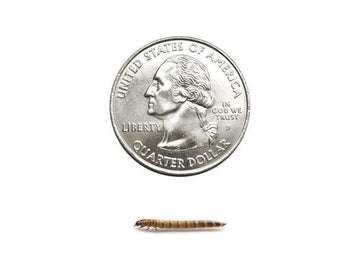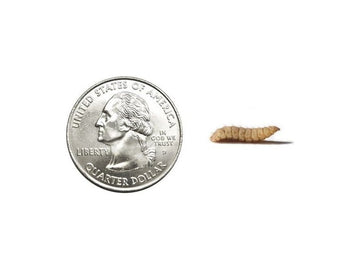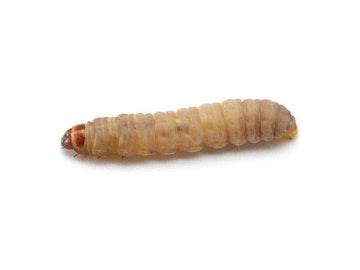The short answer? Yes, reptiles can get fat — just like any other animal.
The long answer? There are several factors that contribute to obesity in reptiles.
Reptile obesity can be hard to recognize, since you’re probably familiar with what obesity looks like in humans, and maybe even other mammals like cats and dogs, but you probably aren’t familiar with what obesity looks like in a reptile. Reptiles store fat differently than humans do, and since there are many different types of reptile body plans, it can be hard to recognize a fat body condition. This is especially the case for snakes, which hide their fat well, and it often only becomes noticeable when the snake has become morbidly obese.
As it goes with humans, obesity in reptiles is dependent on reptiles. As pets, that means that obesity can be caused (or prevented) by the kind of care they receive.
Reptiles Can Get Fat if They Eat Too Much
As with other animals, if reptiles eat too much, the excess calories will get stored for later as fat. In the wild, it is highly advantageous to use times of plenty as a way to prepare against times of scarcity, and fat reserves help enable them to survive conditions that would otherwise prove deadly.
However, as pets, reptiles have access to a steady supply of food year-round. Logically, there’s no reason for reptiles to store excess energy rather than simply excreting it as waste. However, that’s not what their instincts tell them, and that’s not how their bodies work. Feeding your reptile too often and/or giving it too many treats (particularly of high-calorie foods like fruit, fatty insects, and young rodents) will cause it to accumulate excess fat and become overweight or obese.
Reptiles Can Get Fat if Their Enclosure is Too Small
Many reptiles, particularly in the US, are kept in enclosures that are too small to allow them to get adequate exercise. This is particularly the case with snakes, which are often denied enough room to at least stretch out to their full length, but other types of reptiles are also affected. Aquatic turtles should have at least 10 gallons of water per inch of shell length, but they are often kept at half that, or even less. Terrestrial lizards should have an enclosure at least twice their length long and once their length wide, but this is inconsistent.
Furthermore, small enclosures are less functional than those with more space, discouraging the occupant from minimal exercise such as climbing over obstacles. Enclosures too small to provide a temperature gradient inhibit normal thermoregulatory activity, further inhibiting exercise.
Reptiles Can Get Fat if Their Enclosure is Boring
A large enclosure is useless if it’s empty. If there is not enough environmental enrichment or enrichment items in the enclosure, the reptile has little to no motivation to exert itself. Enrichment items include climbing materials, multiple hiding places, and substrate that facilitates digging behavior.
Keepers can further engage their reptiles with activities like rearranging the enclosure “furniture”, handling, and supervised free roaming.
Is it Bad for Your Reptile to Be Fat?
Yes. Excessive weight puts strain on a reptile’s organs, reduces its quality of life, and shortens lifespan. To use a specific example, snakes are built to eat infrequently. Digestion is an enormous task for their bodies. When they are fed too often, their bodies don’t get to rest between meals the way they’re supposed to. Aside from causing excess fat storage, overfeeding also puts an enormous amount of strain on the snake’s organs.
Conclusion
The responsibility to keep a pet healthy falls upon its owner. Keep an eye on your reptile’s body condition and make adjustments to its routine and environment accordingly. If you’re not sure about your reptile’s body condition, compare it with pictures of wild counterparts to get an idea of what a healthy member of that species generally looks like.
Even if your pet seems to have an ideal body condition right now, it’s still a good idea to re-evaluate your husbandry to make sure it’s unlikely to encourage obesity in the long-term. It’s very difficult to help a reptile lose weight, so prevention is always a better strategy.

